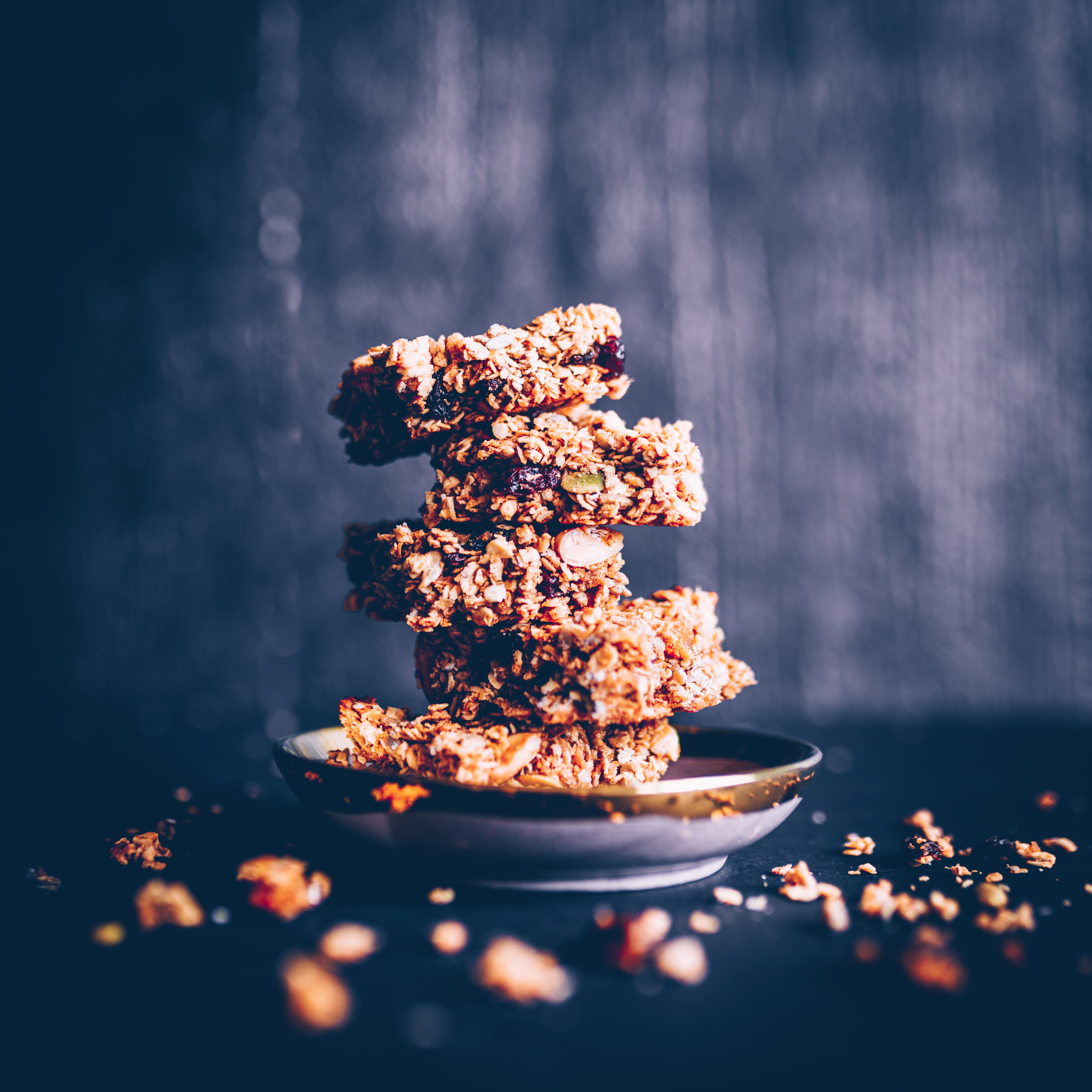Making baking healthy!
Baking your own cakes, biscuits and other treats is great fun! It also gives you the opportunity to control exactly what is going into your food, avoiding nasty additives and allergenic foods.
There are many easy substitutions that you can make when it comes to baking. Using natural sugar alternatives, different flours and natural flavourings can turn an unhealthy food into a healthy and satisfying treat. Baking is all about experimentation (it is a science after all). Trying new ingredients will give you success and disasters, but once you get the feeling for it you will be able to create some great food that will benefit your and your family’s health.
SUGAR
Sugar is one of the very worst things we can put into our bodies. It offers little to no nutrition, spikes our blood sugar levels and robs our body of vital nutrients. Try these sugar alternatives next time you bake:
Xylitol
Xylitol is a naturally derived fruit sugar that can be used interchangeably for sugar in baking. It has a low glycaemic index, helps to prevent tooth decay, and out of all of the sugar substitutes, it tastes the closest to sugar.
Stevia
Stevia is a herb that has a natural sweetness with extremely low calories. The sweetness comes from phytochemicals called steviol glycosides, not from actual sugars, meaning that it has the lowest GI of all sugar substitutes. Stevia is super sweet, so you only need to use a small amount. You can buy in a powdered form or a liquid extract.
Honey
Raw honey is a truly natural sweetener, coming straight from the bee hive to you. Honey is well tolerated by diabetics and those with blood sugar issues. You can use honey in most recipes, but remember that as it is liquid you may need to adjust the amount of flour or other ingredients. Pure honey also contains B vitamins and trace minerals.
Maple syrup
Maple syrup (the 100% pure form not the sweetened variety) is a great choice for sweeteners containing manganese, zinc, B2, calcium and magnesium. Maple syrup has a delicious malty taste. Like honey, you will need to adjust the amount of flour or dried ingredients you use.
FLOUR
Wheat flour (especially white flour) has been refined and bleached to make it more uniform. A better choice would be organic wholegrain flour, which at least will be free of chemicals. Try these other alternatives too…
Spelt flour
Spelt is a grain related to wheat that is great for those with wheat intolerance or sensitivity. Spelt is lower in gluten than wheat and generally higher in nutrients. You can substitute spelt flour 1:1 in recipes.
Kamut flour
Although not as readily available as spelt flour kamut is a great alternative to flour in baking, having a low GI and being high in protein.
Buckwheat flour – GF
Buckwheat is a good gluten free alternative in baking. Buckwheat is alkaline (anti-inflammatory), high in calcium and other minerals. As buckwheat has no gluten it is more suited for use in biscuits and denser cakes, as it will not rise as flour with gluten does.
Coconut flour – GF
Coconut flour is a healthy alternative for use in baking biscuits, brownies and slices.
Almond flour – GF
Almond flour is a high protein, nutritious gluten free flour option that is great for making friands and cakes. The only downside is that almond flour will contain oxidised oils which are not so great for your health. Make your own flour in a nut grinder to reduce this possibility.
OILS
There are many healthy oil options to add to your baking. The number one rule is NO MARGARINE! It is very detrimental to your health. Also don’t use polyunsaturated oils such as olive and sunflower oil in cooking as they can easily turn into trans fats.
Butter
Butter is actually a very good option for cooking as long as it is organic. Organic butter is very heat stable and has a good amount of fat-soluble vitamins A, E and D. It also contains butyric acid, which helps to improve gut health.
Coconut Oil – DF
Coconut oil is another great oil to use in baking as it is very heat stable and has many health benefits. You can substitute coconut oil for most other oils in cooking easily.
Cold-pressed oils
The best liquid oils to use in baking muffins and the like is macadamia or rice bran oil, both of which have a high smoke point so will produce less trans on cooking.
BAKING POWDER
A little known fact is that conventional baking powder contains aluminium, which is detrimental to your health. Buy only aluminium free baking powder and pure bicarbonate of soda.
COLOURINGS
Artificial food colourings are chemical-based and should be avoided, especially with children. Try these alternatives to add colour to baking.
Beetroot
You can use beetroot powder available at health food shops and even just a little beetroot juice is enough to give a red/pink colour to foods.
Turmeric
A little turmeric added to hot water makes a bright yellow colouring. Don’t use too much though!
Berries
Pureed frozen berries make a great purple or red colour – just add some hot water to defrost then blend into a paste.
For easy, healthy recipes using these alternative ingredients head here.
If you’d like to learn more about having a healthy lifestyle and diet, please give us a call on 07 3367 0337 or head here to book in to see one of our amazing naturopaths!

